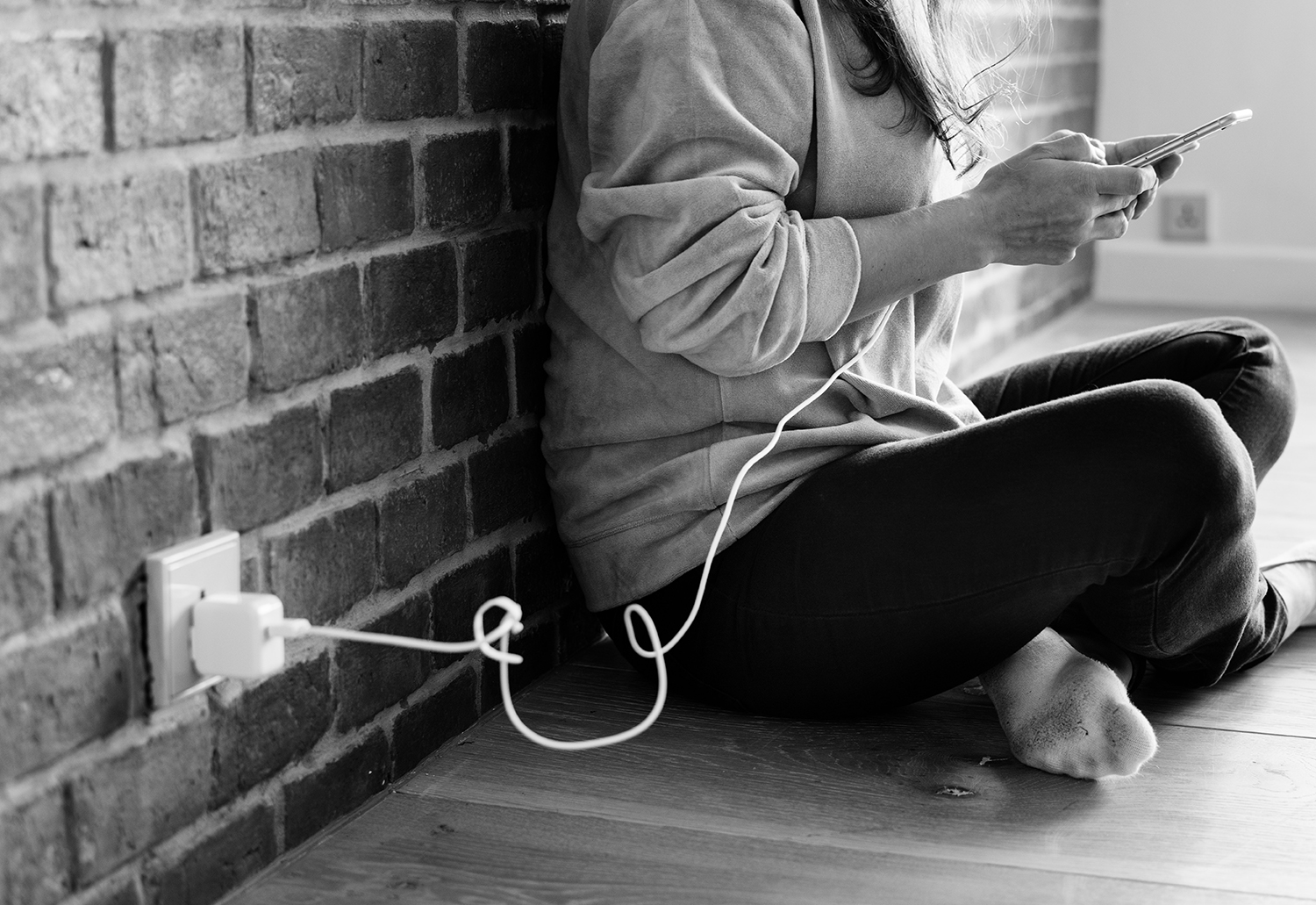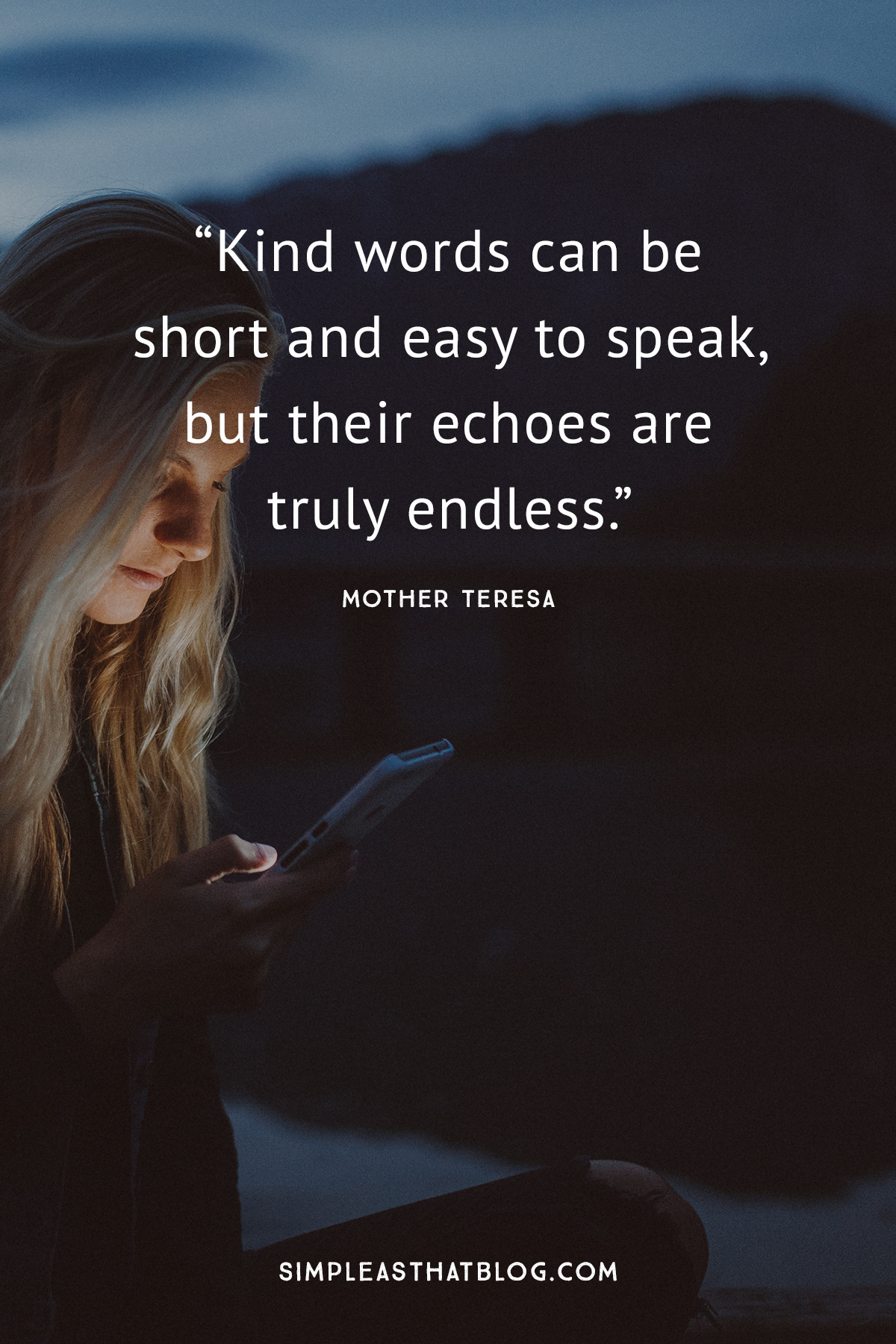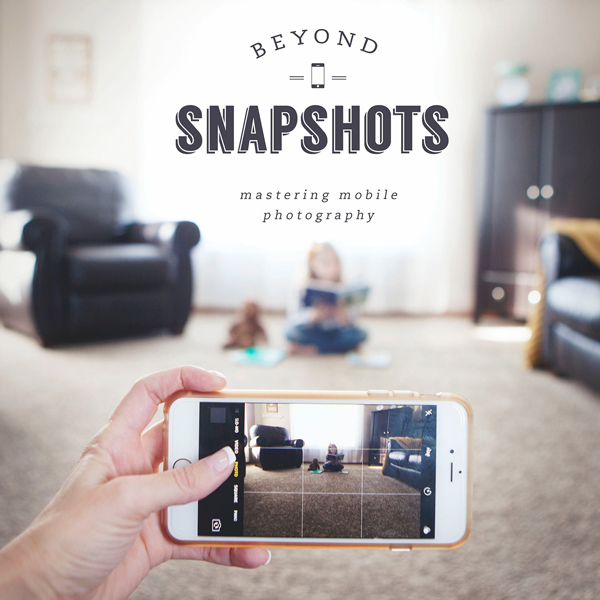A big thank you to Google for sponsoring this post and initiating this important conversation!
My oldest child was only in fourth grade when she first became the target of repeated bullying. The details of her experience are a story for another day, but as her mom, it really opened my eyes to how early bullying can start—and what a profound impact it can have on a child’s impressionable self-worth.
I recently came across these statistics from stopbullying.gov:
-
28% of students have experienced bullying personally.
-
71% of students—and 70% of school staff—have witnessed bullying directly.
-
Only 20% – 30% of students notify adults about bullying.
They’re sobering, aren’t they? And these stats aren’t even touching the huge issue of cyberbullying.
As my children get older and begin to leave their own footprints online, I feel the tremendous responsibility I have to equip them—as best I can—for what they’ll face there.
We’ve had so many conversations about how to spread kindness online, but these three conversations seem to have made the biggest difference so far. I hope they help your family like they’ve helped ours!
Kindness Online: 3 Conversations to Have with Our Tweens & Teens
1. The False Anonymity People Feel When Interacting Online—and the Value of Face-to-Face Communication
Itʼs important to remind ourselves that behind every username and avatar is a real person with real feelings. And everyone deserves to be treated as we would want to be treated.
So often, especially when we’re young and our brains are still developing, we say things online that we would never say to another person’s face. Whether it’s an Instagram comment, a SnapChat video, or a text, before you type, ask yourself — “Would I say this to his (or her) face?” If you have any hesitation, don’t do it.
2. The Importance of Being an Upstander
When bullying or other mean behavior happens, there are often four roles involved:
-
The aggressor: the person(s) doing the bullying
-
The target: the person being bullied
-
Bystanders: Silent witnesses to what’s going on
-
Upstanders: witnesses who try to positively intervene—or tell a trusted adult
Let’s tell our tweens and teens that if we want to see change in the world, it has to start with us. Silently watching someone be demeaned or hurt—whether online or in real life—is not far short of doing it yourself. Would you want someone to stand up for you? Let’s offer this to the people around us.
3. HOW to Be an Upstander (Not a Bystander)
The question, then, is exactly how to play this role. Try any of these:
-
Find a way to be kind to or support the person being targeted
-
Call out the mean behavior in a comment or reply (remember to call out the behavior, not the person), if you feel comfortable with that and think it’s safe to do so
-
Decide not to help the aggressor by spreading the bullying or making it worse by sharing the mean post or comment online
-
Get a bunch of friends to post lots of kind comments about the person being targeted (but nothing mean about the aggressor, because you’re setting an example, not retaliating)
-
Report the harassment. Tell someone who can help, like a parent, teacher, or school counselor.
It’s so important to me that I help my children see the long-term ramifications of the conversations they have online. We can’t send them out into the big world—both online and off—and expect them to swim on their own.
Further Resources
-
Google created the cutest game to help teach our child and tweens about spreading kindness. Check out King Kingdom here!
-
Learn more about how to Be Internet Awesome at g.co/BeInternetAwesome, and tell your kids’ teachers about the online curriculum so they can introduce these activities in the classroom.
I know these conversations and resources are only a fraction of what our children need to hear from us. What other conversations are you having with your kids? I would love to learn from you!
We are honored to participate in the #BeInternetAwesome campaign, created to help educate our children about how to handle themselves online and how to spread kindness in their circles of influence.




Yes! This is SO important right now. The one I use most with my kids is, “if you wouldn’t say it to their face, don’t say it online” (or better yet, at all!). Another thing we emphasize is how easy it is for information to spread online: NOTHING is really private.
Thanks for writing this, Rebecca! I’m sending it to my sister right now!
Working with kids everyday this is such an important issue, I played it myself to see what it was first and I am now Internet AWESOME!!! Thanks for sharing!